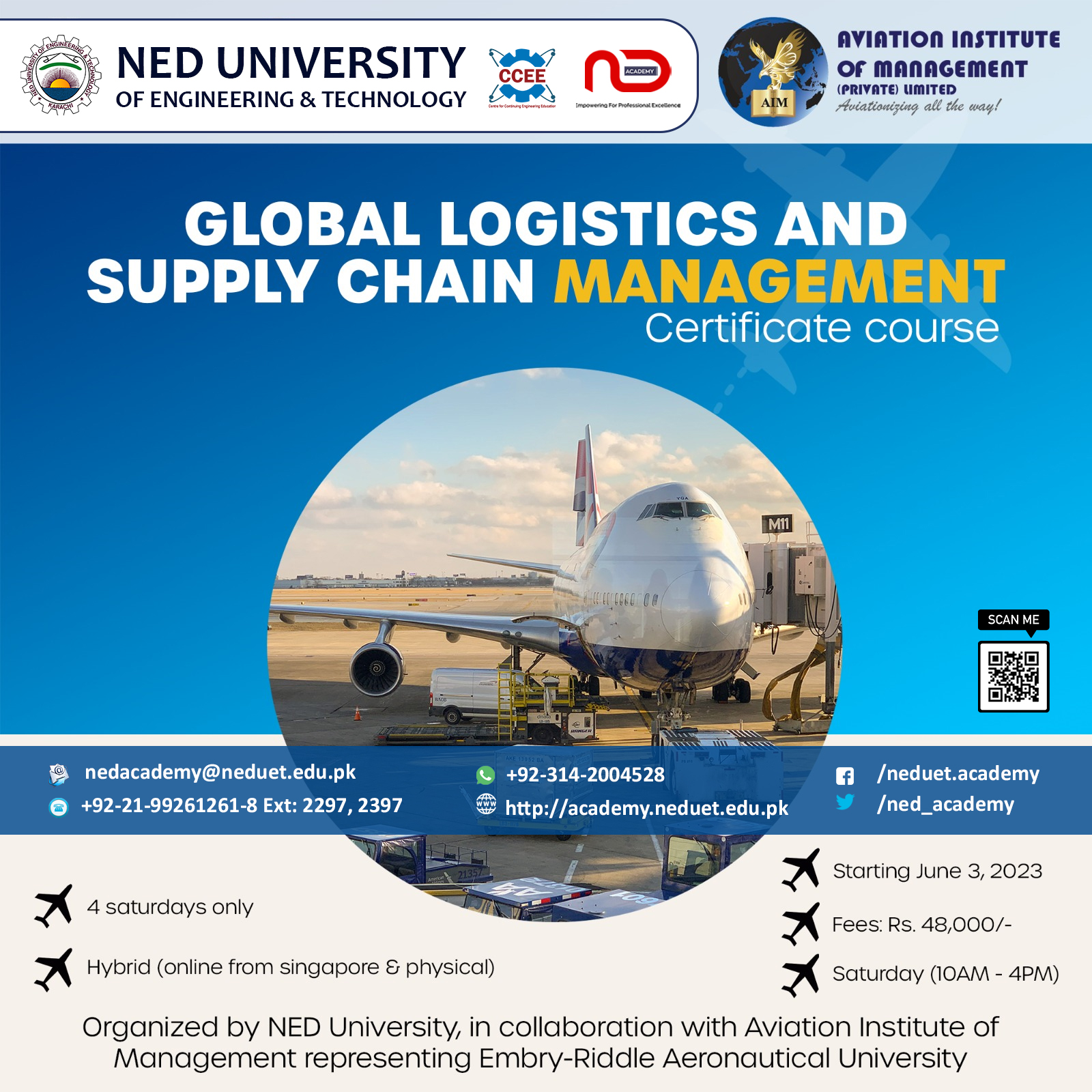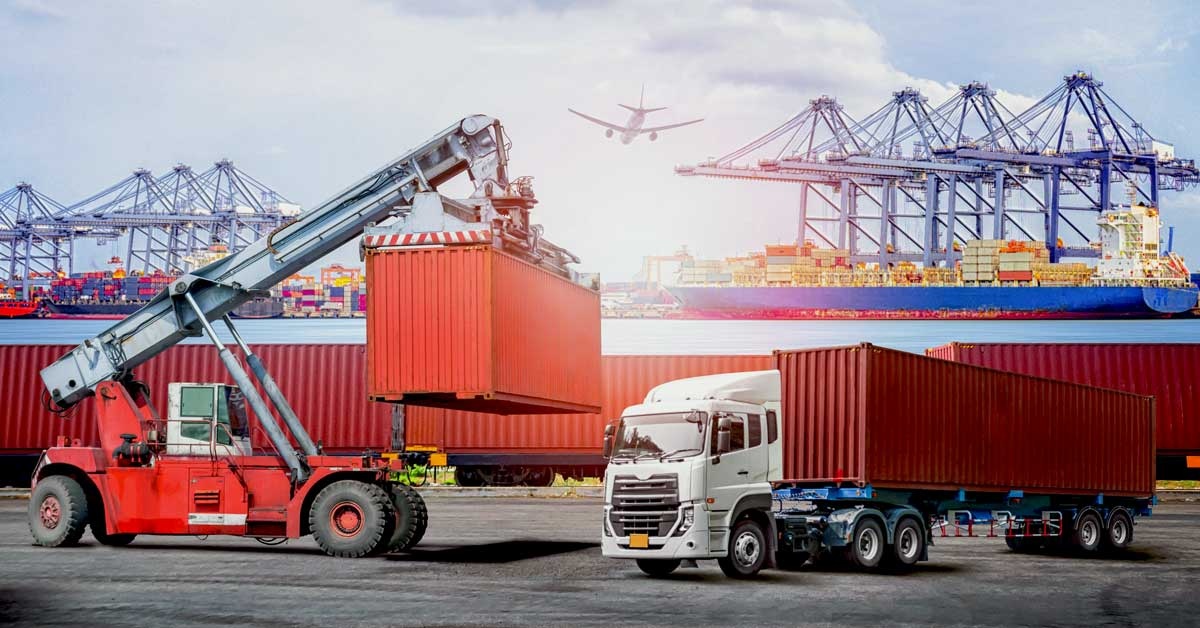The modern business landscape demands more than just efficient operations; it requires a sophisticated and adaptable approach to logistics. Companies are facing increasing pressures – fluctuating demand, complex supply chains, stringent regulations, and the need for greater transparency – all of which necessitate robust and intelligent logistics solutions. Choosing the right logistics partners isn’t just about moving goods; it’s about optimizing the entire process, reducing costs, improving customer satisfaction, and ultimately, gaining a competitive edge. This article will explore the critical elements of effective logistics solutions, examining best practices, emerging technologies, and the benefits of partnering with a specialized provider. Let’s delve into how businesses can unlock significant improvements through strategic logistics planning.

Understanding the Core Challenges of Modern Logistics

The challenges facing logistics professionals today are multifaceted. Firstly, global supply chains are increasingly complex, involving multiple tiers of suppliers, manufacturers, distributors, and retailers across different continents. This intricate network introduces vulnerabilities and delays. Secondly, the rise of e-commerce has dramatically altered consumer expectations, demanding faster delivery times and greater flexibility in order fulfillment. Thirdly, regulatory compliance – including customs, safety standards, and environmental regulations – adds layers of complexity and cost. Finally, the increasing focus on sustainability is pushing logistics providers to adopt greener practices and reduce their carbon footprint. Successfully navigating these challenges requires a holistic approach that goes beyond simply optimizing transportation routes. A failure to address these issues can lead to significant financial losses, damaged reputation, and ultimately, customer attrition. Investing in the right logistics solutions is therefore a strategic imperative for any business aiming for long-term success.

The Importance of Technology in Logistics
Technology is no longer a supplementary element of logistics; it’s the backbone of efficient operations. Modern logistics solutions are increasingly reliant on sophisticated technologies to streamline processes, improve visibility, and enhance decision-making. Warehouse management systems (WMS) automate inventory tracking, optimize storage space, and improve order fulfillment accuracy. Transportation management systems (TMS) optimize route planning, consolidate shipments, and manage freight costs. Radio-frequency identification (RFID) and barcode scanning technologies provide real-time tracking of goods, enhancing security and reducing errors. Furthermore, cloud-based logistics platforms offer a centralized view of the entire supply chain, enabling better collaboration and data sharing. The adoption of Artificial Intelligence (AI) and Machine Learning (ML) is also transforming logistics, enabling predictive analytics to anticipate demand fluctuations, optimize inventory levels, and proactively address potential disruptions. Companies that embrace these technologies will be well-positioned to thrive in the increasingly competitive global marketplace.

Key Logistics Solutions – A Breakdown
Let’s examine some of the key solutions that businesses can implement to improve their logistics operations. Firstly, 3PL (Third-Party Logistics) providers offer a valuable service by outsourcing logistics functions to specialized companies. 3PLs can handle everything from warehousing and transportation to order fulfillment and returns management, freeing up internal resources to focus on core competencies. Choosing the right 3PL requires careful consideration of factors such as expertise, geographic coverage, technology capabilities, and cost-effectiveness. A strong 3PL partner can significantly reduce operational costs and improve efficiency. Secondly, supply chain visibility tools are crucial for tracking goods throughout the entire process. These tools provide real-time data on inventory levels, shipment status, and potential disruptions, allowing businesses to proactively address issues and minimize delays. Examples include GPS tracking, RFID tags, and blockchain technology. Thirdly, dynamic routing and optimization software can significantly improve transportation efficiency by identifying the most cost-effective routes and minimizing delivery times. These solutions leverage algorithms to analyze traffic patterns, weather conditions, and other factors to optimize routes in real-time. Finally, paperless logistics – utilizing digital documents and electronic communication – streamlines processes, reduces paperwork, and improves data accuracy.

The Role of Warehouse Management Systems (WMS)
Warehouse Management Systems (WMS) are a critical component of effective logistics. A WMS is a software application that manages all aspects of warehouse operations, from receiving and storage to picking, packing, and shipping. They provide real-time visibility into inventory levels, order fulfillment processes, and warehouse space utilization. Implementing a WMS can dramatically improve efficiency, reduce errors, and optimize warehouse operations. Key features of a WMS include:

- Inventory Tracking: Real-time monitoring of stock levels and location.
- Order Management: Streamlined order processing and fulfillment.
- Picking and Packing: Optimized picking routes and efficient packing processes.
- Shipping and Delivery: Automated shipping label generation and tracking.
- Labor Management: Tracking employee performance and productivity.
Choosing the right WMS is crucial for maximizing warehouse efficiency. Factors to consider include system scalability, integration capabilities, and vendor support.

The Benefits of Strategic Logistics Partnerships
Partnering with a specialized logistics provider can offer significant benefits beyond simply outsourcing logistics functions. A strategic partnership allows businesses to leverage the expertise and resources of a seasoned logistics professional. This can lead to:

- Reduced Costs: Optimized routing, efficient warehousing, and streamlined processes can significantly reduce transportation and warehousing costs.
- Improved Customer Service: Faster delivery times, greater flexibility in order fulfillment, and proactive communication enhance the customer experience.
- Increased Efficiency: Automation and data-driven insights improve operational efficiency and reduce waste.
- Enhanced Visibility: Real-time tracking and reporting provide greater transparency into the entire logistics process.
- Risk Mitigation: Partners can help mitigate risks associated with supply chain disruptions, regulatory compliance, and security threats.
Sustainability in Logistics – A Growing Trend
Increasingly, sustainability is becoming a key driver of logistics innovation. Businesses are under pressure to reduce their environmental impact and meet growing consumer demand for sustainable practices. This is driving the adoption of greener logistics solutions, including:

- Route Optimization: Utilizing algorithms to minimize fuel consumption and emissions.
- Modal Shift: Shifting from trucks to more fuel-efficient modes of transportation, such as rail and sea freight.
- Green Packaging: Utilizing sustainable packaging materials and reducing packaging waste.
- Electric Vehicles (EVs): Transitioning to electric vehicles for last-mile delivery.
- Carbon Offset Programs: Investing in carbon offset projects to mitigate emissions.
The Future of Logistics – Emerging Trends
The logistics industry is constantly evolving, with several emerging trends shaping the future of the sector. These include:

- Blockchain Technology: Blockchain can enhance transparency and security in the supply chain, improving traceability and reducing fraud.
- Internet of Things (IoT): IoT devices, such as sensors and trackers, will provide real-time data on the location and condition of goods throughout the supply chain.
- Autonomous Vehicles: Self-driving trucks and drones have the potential to revolutionize last-mile delivery.
- Predictive Analytics: Advanced analytics will enable businesses to anticipate demand fluctuations and optimize inventory levels.
- Digital Twins: Creating virtual representations of physical logistics operations to simulate and optimize processes.
Conclusion
Effective logistics solutions are no longer a luxury; they are a necessity for businesses seeking to thrive in today’s competitive environment. By embracing technology, partnering with specialized providers, and adopting sustainable practices, companies can unlock significant improvements in efficiency, cost-effectiveness, and customer satisfaction. The key to success lies in a proactive and strategic approach to logistics planning, continuously adapting to evolving market demands and technological advancements. Investing in robust logistics solutions is an investment in the future of your business. Ultimately, a well-executed logistics strategy will contribute directly to your bottom line and enhance your brand reputation. Don’t underestimate the power of a thoughtfully designed logistics ecosystem.